Spark curiosity in laboratory science with this user-friendly guide to hands-on, budget-friendly, and portable lab outreach activities for students.
Check out this new job aid on how to boost efficiency, streamline administrative tasks, and enhance your laboratory management workflows using large language models (LLMs).
A roadmap to advocating for the needs of your laboratory.
New to the clinical lab? Build confidence fast with this multi-part training series!
The CDC OneLab Initiative is an effort to bridge, train, and sustain a capacity-building community (OneLab Network) among public health and clinical laboratory professionals to support rapid, large-scale responses to public health emergencies. This effort includes developing a new learning management system for laboratory professionals (OneLab REACHTM). This includes a new virtual reality (VR) environment for clinical and public health laboratory trainings (OneLab VR) with both discrete scenarios and an open platform training format, featuring a 50,000-square foot virtual laboratory facility. OneLab REACH also provides the ability to opt‐in for access to an educational hub of training resources for professionals and volunteers performing CLIA‐waived point‐of‐care diagnostic testing in non‐laboratory settings (OneLab TEST).

Negotiation & Advocacy Toolbox Pillars 1-5 are now complete.
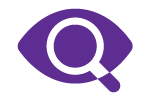
Outlay a plan for communications to promote visibility of the laboratory and gain stakeholder buy-in and interest in the laboratory.

Be the best place to work in pathology and laboratory medicine by cultivating diverse life-long learners and engaging and guiding the next generation of laboratory leaders, supervisors, managers, and MLS to build a culture of patient-focused lab advocates.

Strengthen the quality program throughout the department and enhance patient safety

Ensure that overall financial performance continues to keep pace with the operating and capital requirements needed to advance divisional and departmental mission and values.

Accelerate innovation and implement the best cutting-edge technologies throughout the laboratory to increase clinical volume, operational expansion, and geographic outreach.

Let’s put the Toolbox to work!
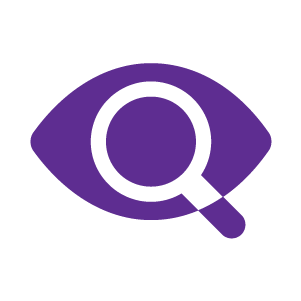
Outlay a plan for communications to promote visibility of the laboratory and gain stakeholder buy-in and interest in the laboratory.
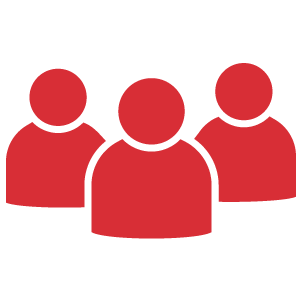
Be the best place to work in pathology and laboratory medicine by cultivating diverse life-long learners and engaging and guiding the next generation of laboratory leaders, supervisors, managers, and MLS to build a culture of patient-focused lab advocates.
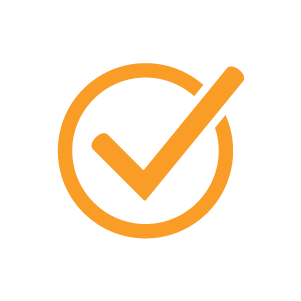
Strengthen the quality program throughout the department and enhance patient safety

Ensure that overall financial performance continues to keep pace with the operating and capital requirements needed to advance divisional and departmental mission and values.
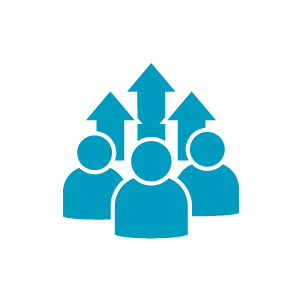
Accelerate innovation and implement the best cutting-edge technologies throughout the laboratory to increase clinical volume, operational expansion, and geographic outreach.
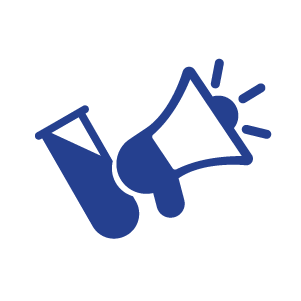
Let’s put the Toolbox to work!
If so, please let us know through this short survey that will take less than 5 minutes to complete!
Blood Culture Collection Best Practices for Laboratory Professionals
Phlebotomists and lab team members are encouraged to take this free eLearning course to increase their knowledge, skills, and competence in applying best practices for adult blood culture collection in clinical laboratories.
Case-Based Best Practices in Effective Test Utilization for Clinical Laboratories
This case-based educational activity is designed to help clinical laboratory directors, clinical laboratory managers, and laboratory professionals increase the knowledge, skills, and competence in effective test utilization best practices for clinical laboratory settings.
Basic Medical Laboratory Skills Training Package
This CMLE-bearing series dives into the core building blocks of medical laboratory work (Laboratory Safety, Laboratory Terminology, Laboratory Math, Basic Operations of Laboratory Equipment, Routine Procedures, and Quality Control) to empower new lab team members with essential knowledge.
Supply Chain Management Techniques Job Aid
Learn strategies to mitigate supply chain issues and reduce unnecessary supply consumption.
Aligning Lab Team Resources
General guidance to better match the supportive tasks in your laboratory with the personal interests and inclinations of your team.
This quick, interactive logic-based quiz, designed both for use by laboratory leaders and laboratory team members, considers self-identified skills and preferences and shares suggestions on supporting laboratory tasks that may be of interest to you.
Leveraging AI for Laboratory Administration & Management
Check out this new job aid on how to boost efficiency, streamline administrative tasks, and enhance your laboratory management workflows using large language models (LLMs).
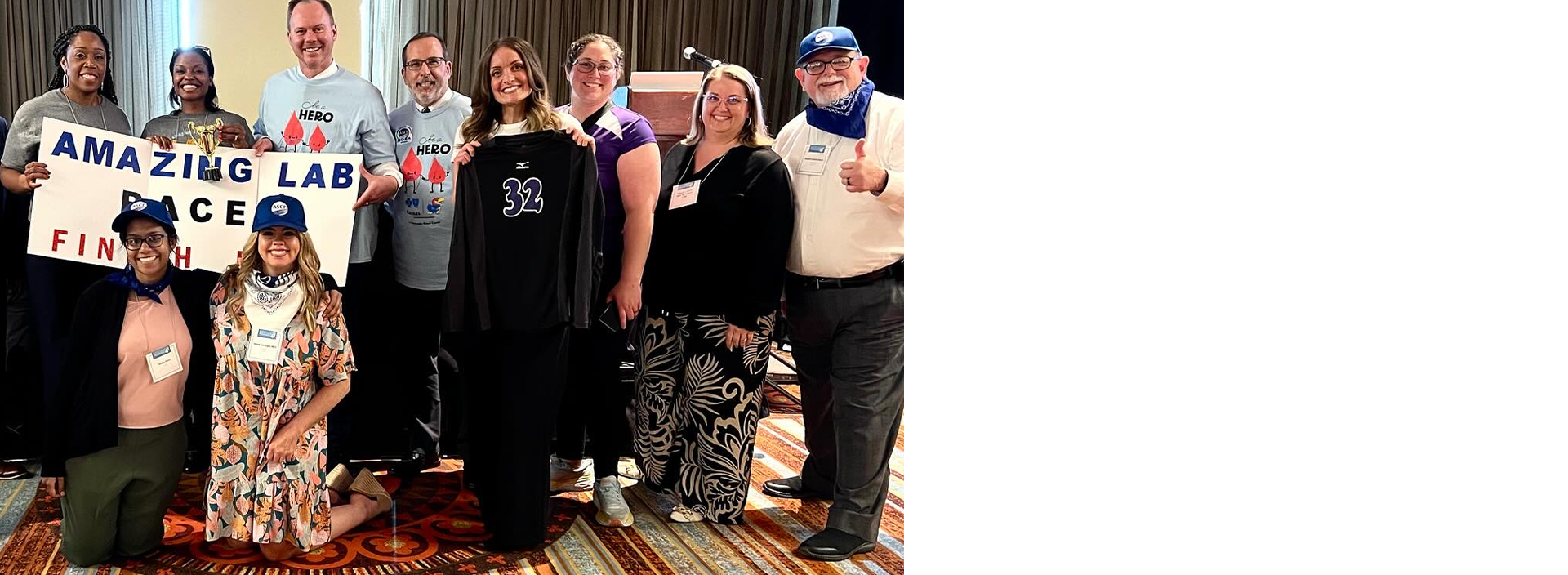
Session Title: Amazing Lab Race 2025: Scottsdale, AZ – Building a High-Value Lab: Leveraging the Negotiation & Advocacy Toolbox to Win Leadership Investment
Tuesday, April 8, 2025, 4pm-5:30pm
Target Audience: Emerging and Seasoned Leaders
The 2025 series focuses on highlighting the diverse array of laboratory career pathways and how exposure to formative experiences, often through collaborations, partnerships, and unique training opportunities, can shape these laboratory career trajectories.
The scholarship cycle for 2025 is now closed. Please check back for future scholarship opportunities.
Interested in training in a particular area?
